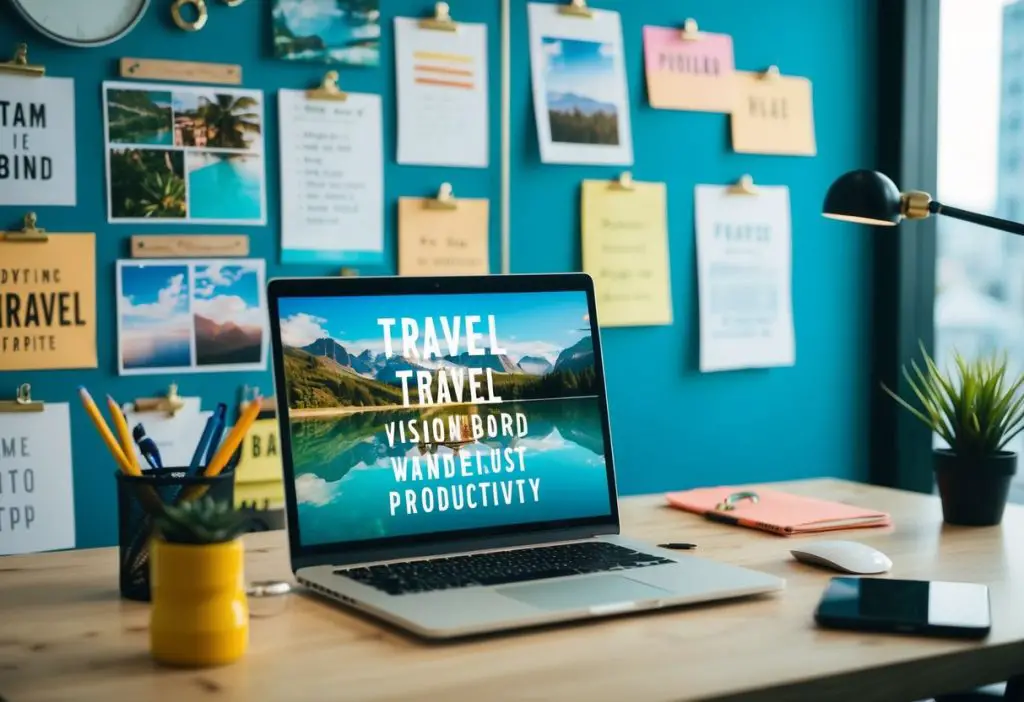Many people dream of traveling the world and experiencing different cultures. To live a life of travel, individuals must plan carefully, manage their finances, and find ways to remain adaptable to new situations.

Creating a lifestyle centered around travel requires not only a spirit of adventure but also practical steps to make it a reality. By understanding their goals and making informed decisions, anyone can embark on this fulfilling journey.
1: Research Travel Destinations
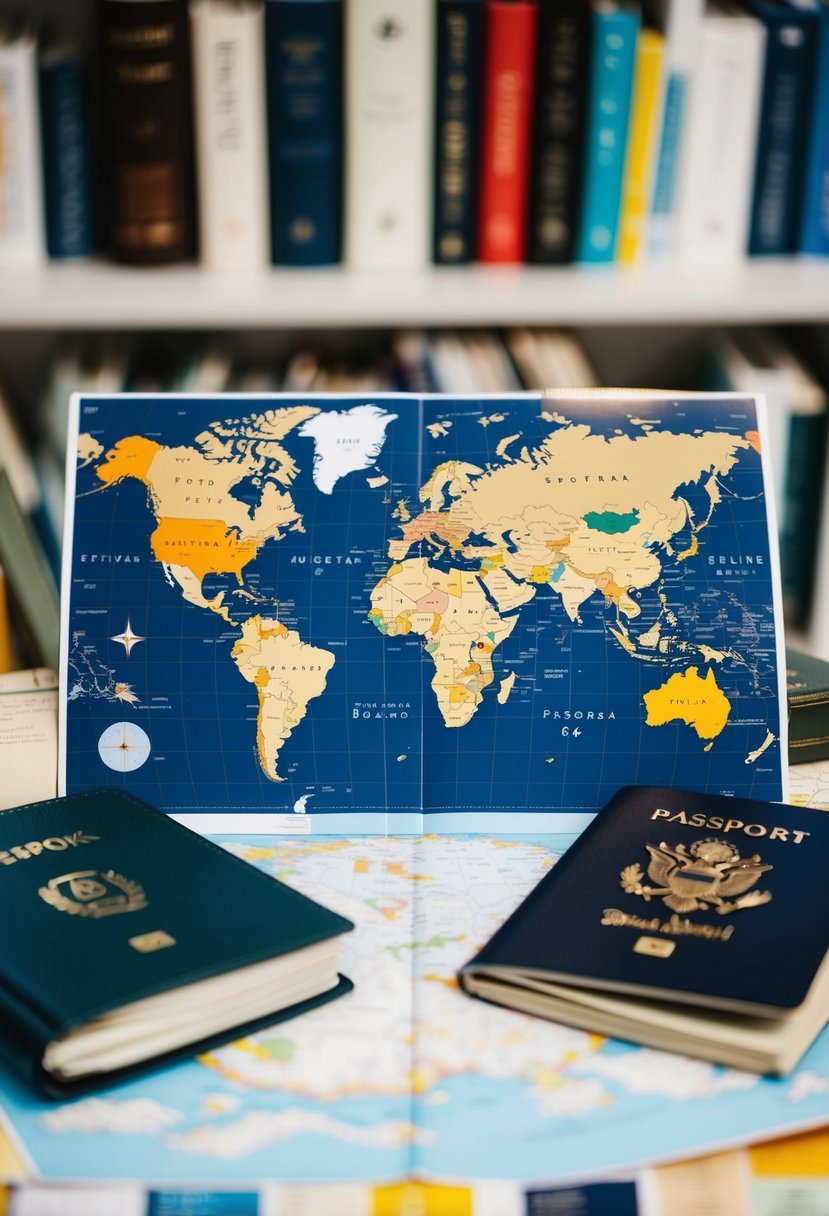
Researching travel destinations is essential for a successful trip. It helps travelers understand what to expect and how to prepare.
One effective method is to browse travel blogs and websites. Many writers share their experiences and tips about specific locations. This can provide insights into the culture, food, and attractions.
Social media platforms, especially Instagram, are valuable for finding inspiration. Travelers can explore popular spots and hidden gems through photos shared by others.
Safety is another important consideration. Travelers should check local laws and customs to ensure a respectful visit. Knowing the safety level of a destination can also guide decision-making.
Budget is crucial in travel planning. Understanding the cost of food, accommodations, and activities helps travelers estimate their expenses.
Finally, newcomers should research visa requirements. Some countries have strict regulations about entering, so knowing these rules in advance is wise.
By gathering this information, travelers can make informed choices and enjoy a smoother journey.
2: Create a Budget Plan
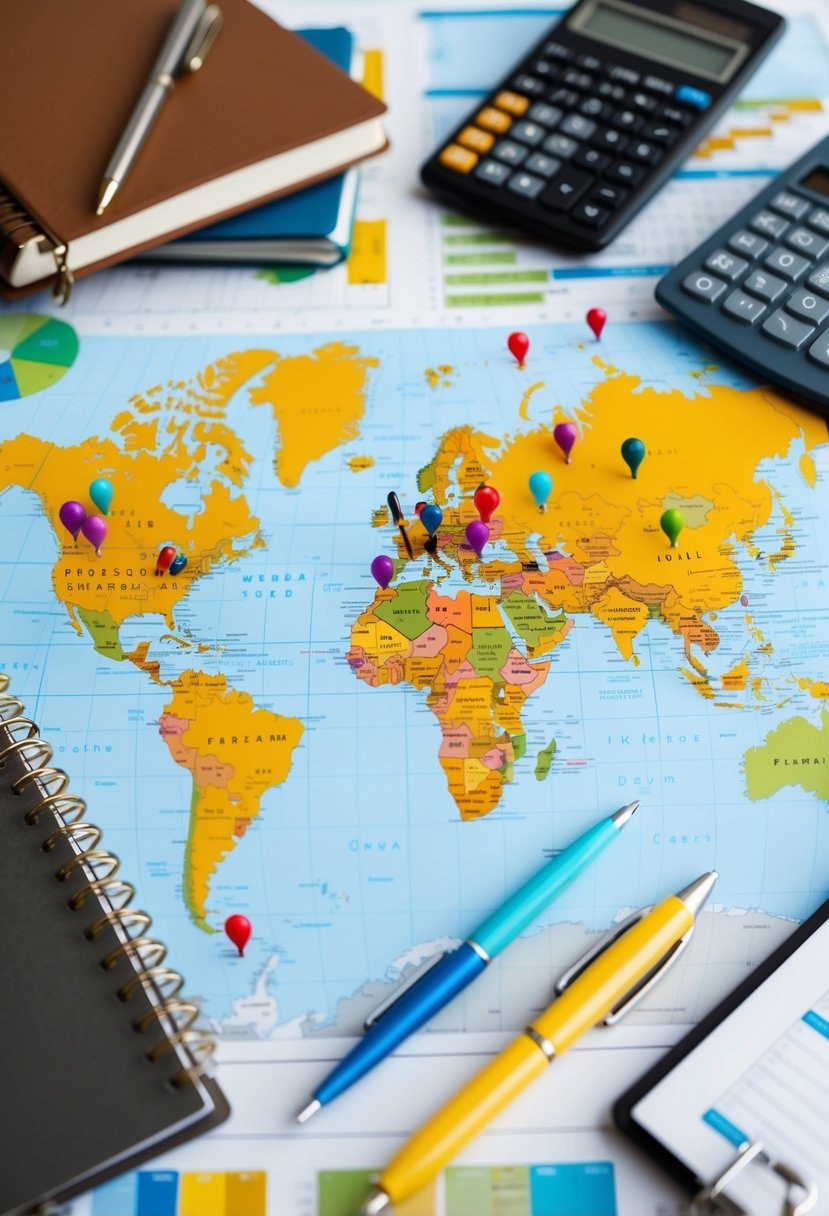
Creating a budget plan is essential for anyone wanting to travel often. It helps track expenses and manage finances effectively.
Start by listing all regular expenses such as rent, food, and bills. This will show how much money is available for travel.
Next, include travel-specific costs. These may include flights, accommodation, and activities. Knowing these costs helps set realistic savings goals.
She can also prioritize spending. It’s wise to allocate more funds for necessities like lodging and transportation first.
Use tools to track expenses. Apps and spreadsheets can help monitor spending while traveling. This ensures that she stays within her budget.
Regularly reviewing and adjusting the budget is important. Prices may change, and personal needs might shift. Staying flexible can prevent overspending.
Creating a budget plan can make travel more enjoyable and stress-free. It provides a clear picture of what is possible and helps in making smart choices. For more detailed advice on travel budgeting, check out this guide on how to plan your travel budget.
3: Work Remotely

Working remotely allows travelers to explore the world while maintaining their jobs. Many companies now support remote work, offering flexibility to employees.
To find remote jobs, individuals can use platforms like RemoteOK and We Work Remotely. Freelancing is another option, allowing people to manage their schedules and choose projects that fit their interests.
It’s essential for each person to know their work style. Planning productive hours helps balance work and travel. They should also choose accommodations with reliable internet.
Joining coworking spaces can enhance productivity. These spaces provide a professional environment and networking opportunities with other remote workers.
Digital nomad-friendly countries often offer a welcoming atmosphere for remote workers. Researching these locations can help in planning a successful trip.
Setting clear boundaries is crucial. Establishing work hours keeps them focused while still enjoying their travels. With the right approach, remote work can lead to a fulfilling life of travel.
4: Use Travel Apps
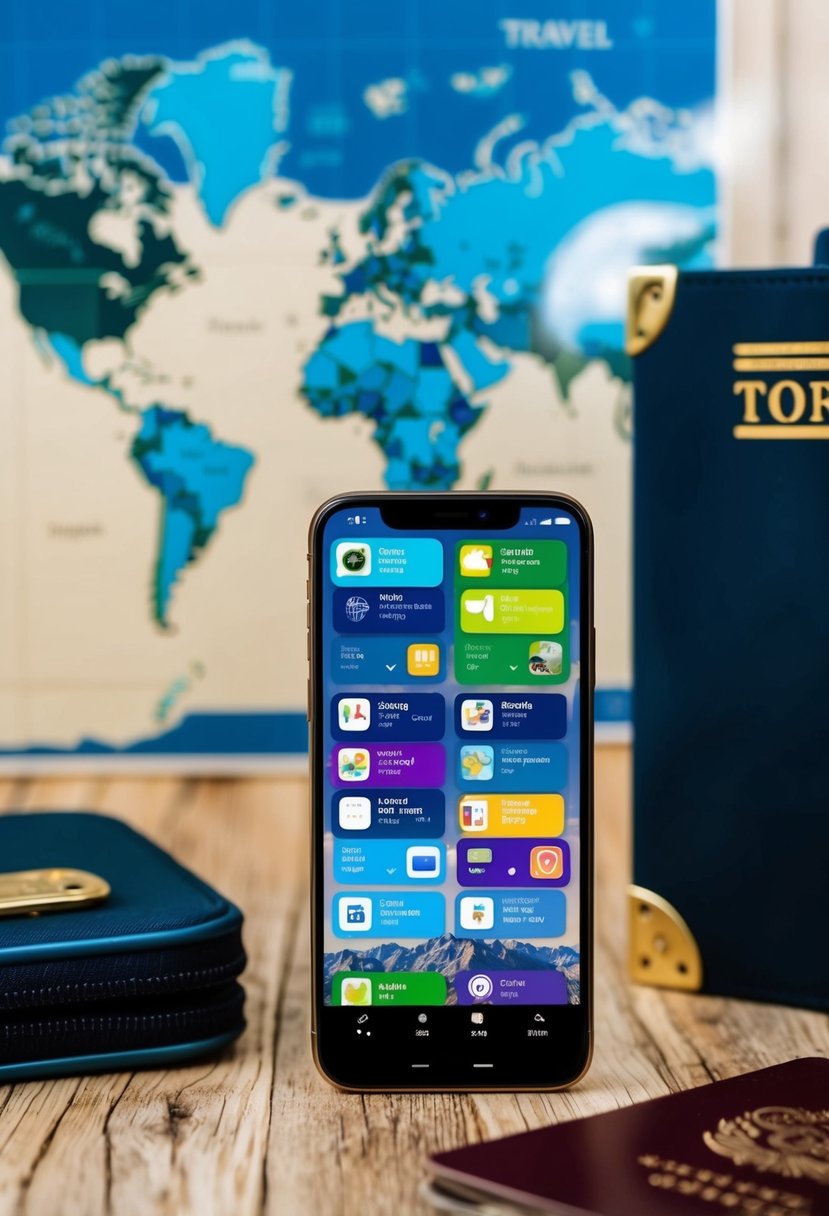
Travel apps can greatly enhance the experience of living a life of travel. They offer convenience and support for every part of a trip.
Navigation apps like Google Maps are crucial. They provide directions for driving, walking, or public transport, making it easy to explore new places.
Accommodation apps can help find the best places to stay. They allow users to compare prices and read reviews, ensuring a comfortable stay every time.
Additionally, travel planning apps keep all travel information organized. Tools like itineraries and trip planners help travelers manage their schedules effectively.
For language barriers, translation apps can be a lifesaver. They make communication easier, allowing travelers to interact confidently with locals.
Other useful apps include those for budgeting and finding local attractions. They aid in making the most of every destination, ensuring a richer travel experience.
By integrating travel apps into daily routines, individuals can simplify their journeys and explore the world with confidence.
5: Look for House Sitting Opportunities

House sitting can be an excellent way to travel without spending a lot of money. It allows a person to stay in someone else’s home while taking care of their pets, plants, or other tasks. This arrangement benefits both the homeowner and the house sitter.
Many websites and apps connect house sitters with homeowners. Sites like Trusted House Sitters offer reliable platforms to find opportunities. A person can look for options that match their travel schedule.
House sitting jobs can vary in length. They may last from a few days to several months. This flexibility allows travelers to pick assignments that fit their plans.
Someone interested in house sitting should create a profile outlining their skills and experience. Making connections with homeowners can lead to more opportunities in the future. Clear communication and reliability are crucial for success.
In addition, reading reviews and ratings from previous clients can help build trust. With these steps, anyone can find rewarding house sitting opportunities while exploring new places.
6: Join Travel Communities
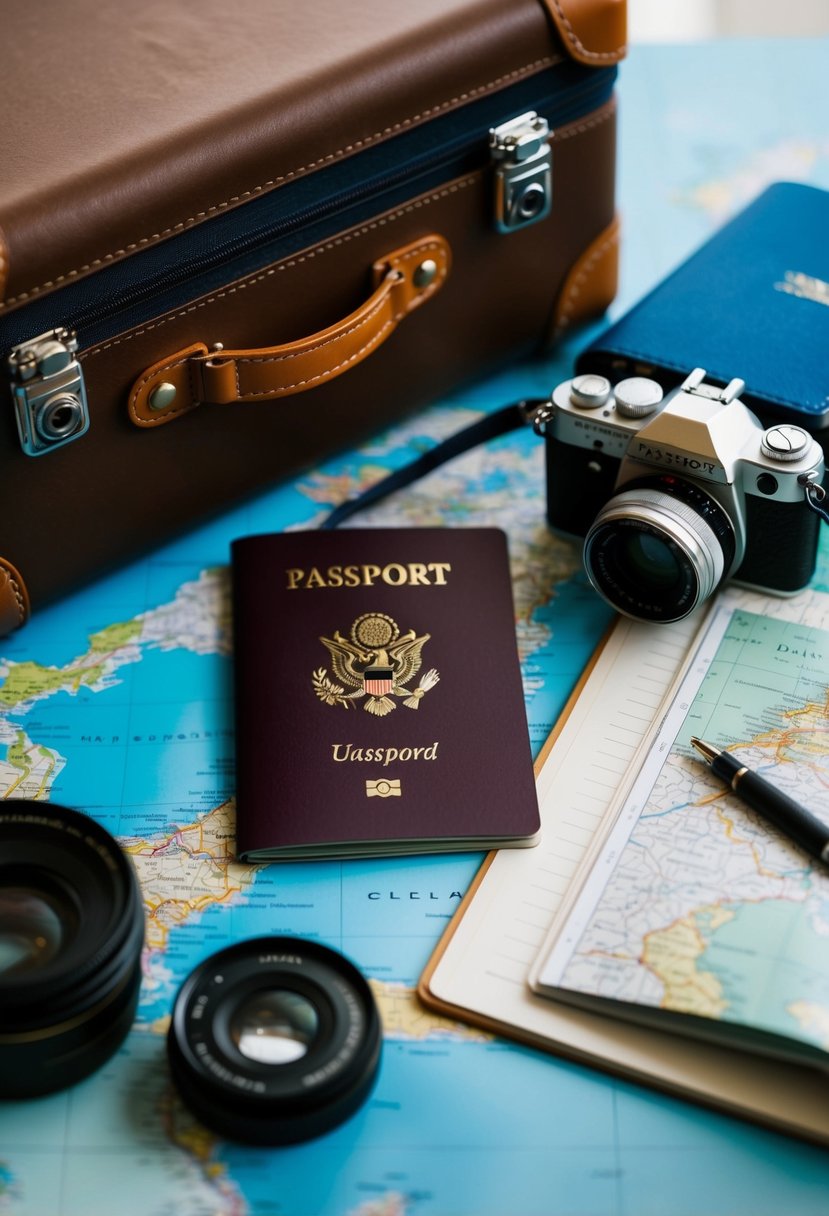
Joining travel communities can greatly enhance the experience of living a life of travel. Many options exist, both online and offline, that connect travelers with similar interests.
Online forums and social media groups are excellent places to start. These platforms allow members to share tips, experiences, and recommendations. Engaging in discussions can also lead to friendships and valuable insights.
Some popular communities include Travel Massive and Girls LOVE Travel®. These groups focus on different types of travel, catering to various needs and interests. For instance, some communities are aimed at female travelers, providing a safe space to share experiences.
Active participation in these communities helps travelers find support and resources. Members often share job opportunities, travel itineraries, and other helpful information to assist fellow travelers.
Networking with others in these groups can also open doors to unique travel experiences. Whether it’s finding travel buddies or getting insider advice about destinations, being part of a community adds depth to the travel journey.
7: Learn a New Language

Learning a new language can greatly enhance the travel experience. It allows travelers to connect with locals on a deeper level. Communication becomes easier, which can lead to more meaningful interactions.
Knowing the local language can also help travelers navigate new places more confidently. It allows them to ask for directions, order food, and understand signs. This reduces reliance on translation apps or guides.
Travelers who learn a language can immerse themselves in the culture better. They gain insights into traditions and local customs that might otherwise be missed. This understanding leads to a richer travel experience.
Additionally, language skills can save money. Speaking the language may lead to better deals or less touristy options. It opens up opportunities for new friendships and experiences that would be hard to find as a non-speaker.
Investing time in language learning is worthwhile for any traveler. It goes beyond just words; it creates a bridge to new experiences and connections in different parts of the world. Engaging with locals enriches not just the journey, but also the personal growth that comes from it.
8: Travel During Off-Peak Times

Traveling during off-peak seasons can offer many advantages. This time usually means fewer crowds at popular attractions. Travelers can enjoy a more relaxed experience.
Flights and accommodations are often cheaper during these times. Many airlines provide discounts for off-peak travel, leading to savings of up to 40%. This can make trips more affordable.
Off-peak travel allows visitors to explore locations in a different light. They can capture stunning photos without large groups blocking the view. Unique experiences often await those who choose these quieter times.
In addition, traveling during off-peak periods helps support sustainable tourism. Fewer tourists can lessen the impact on fragile environments. This approach encourages a more responsible way to see the world.
Exploring destinations like Florida in late summer or Japan during cherry blossom season can offer different experiences. These times may not be as popular, but they can lead to memorable adventures.
9: Volunteer Abroad
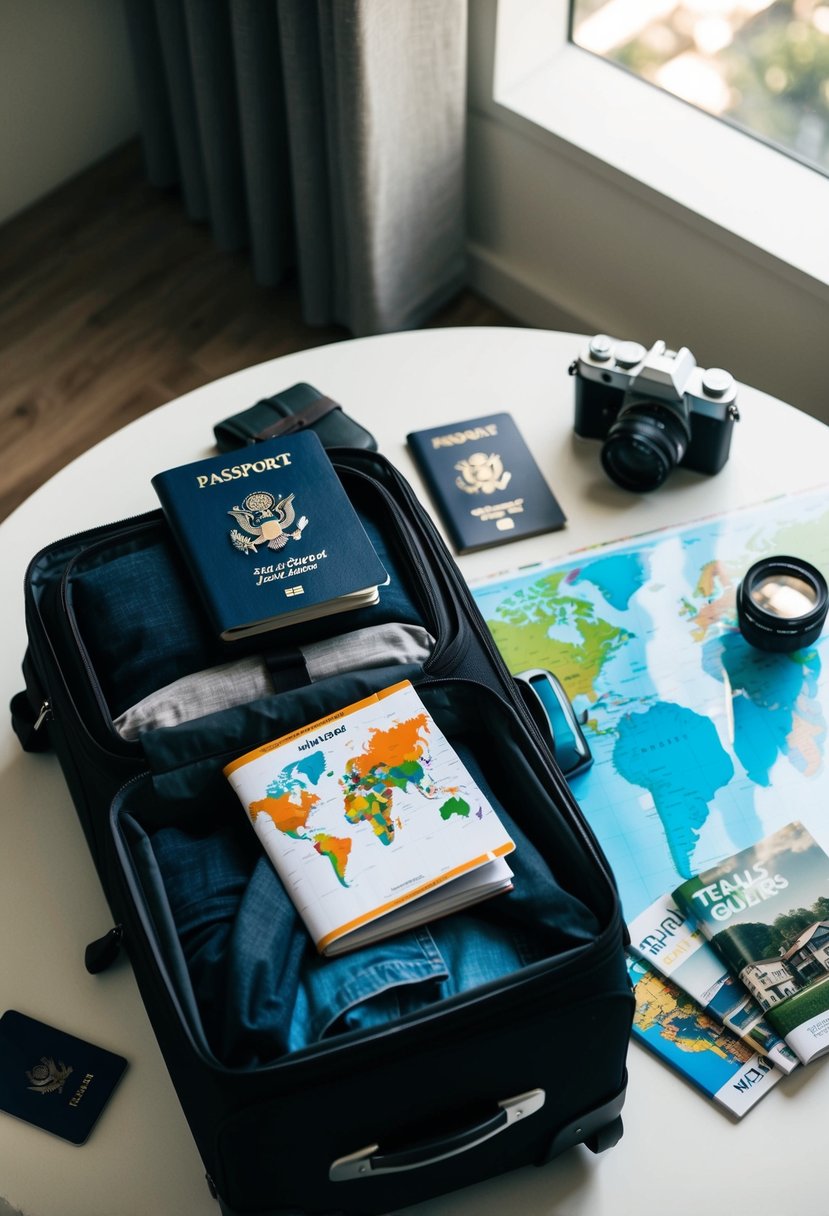
Volunteering abroad offers a unique way to travel while making a positive impact. Many programs allow travelers to engage in meaningful work in various fields, such as education, healthcare, and environmental conservation.
Participants often gain valuable skills and experiences that can enhance their resumes. They meet locals and other travelers, forming connections that enrich their journey.
Choosing the right program is important. Look for opportunities with established organizations that prioritize skills and training. Programs with minimal fees and those that genuinely need assistance are often the most beneficial.
Travelers should also consider their health and safety. Research necessary vaccinations and travel insurance options before embarking on volunteering adventures.
Resources like International Volunteer HQ and Volunteer Forever can help find reputable programs. By volunteering abroad, individuals can travel while contributing to communities in need.
10: Save with Loyalty Programs

Loyalty programs can help travelers save money over time. These programs reward frequent customers with points, miles, and special perks. Many airlines, hotels, and car rental companies offer these programs.
Travelers can earn points for every dollar spent. Points can be redeemed for free flights, hotel stays, or upgrades. This reduces travel costs significantly and can enhance the experience.
Joining a loyalty program is often free. By signing up, travelers gain access to exclusive offers and promotions. This can include discounts on bookings or bonus points for certain activities.
Some programs have tier levels. Higher tiers unlock better benefits like priority boarding, free checked bags, or access to airport lounges. Achieving a higher tier can make travel more enjoyable and less expensive.
Travelers should compare programs to choose the best one for their needs. Certain options may offer more benefits based on travel habits. Researching different loyalty programs can lead to better saving strategies.
Using tools like The Ultimate Guide to Travel Loyalty Programs can provide important insights into maximizing rewards. With the right approach, loyalty programs can be a valuable resource for any traveler.
Understanding the Nomadic Lifestyle

The nomadic lifestyle is a unique way of living where individuals travel frequently and often embrace different cultures. It involves various types of travelers, each with distinct motivations that drive their journeys.
Types of Travelers
There are several categories of travelers who adopt a nomadic lifestyle.
- Digital Nomads: They work remotely while traveling, using technology to maintain their jobs. This allows them to explore new places without taking time away from work.
- Adventure Travelers: These individuals seek thrill and excitement. They often engage in activities such as hiking, surfing, or exploring remote locations.
- Cultural Travelers: They travel to immerse themselves in different cultures, focusing on local customs, foods, and traditions.
- Seasonal Travelers: These travelers relocate based on the seasons, enjoying winter sports in colder climates and beach vacations in warmer months.
Each type of traveler can customize their experiences based on personal interests and goals.
Key Motivations for Traveling
People choose to live a nomadic lifestyle for various reasons.
- Freedom: Many are drawn to the idea of living without being tied to one place. This freedom allows them to experience life fully.
- Adventure: The thrill of new experiences and discovering unknown places is a strong motivation. Adventure seekers often relish the excitement of exploration.
- Cultural Experiences: Some aim to learn about different societies. They seek authentic interactions and deeper understanding of various cultures.
- Personal Growth: Traveling can lead to significant personal development. Facing new challenges helps build confidence and adaptability.
Understanding these aspects of the nomadic lifestyle can help individuals decide if this way of living suits them.
Financial Planning for Long-Term Travel
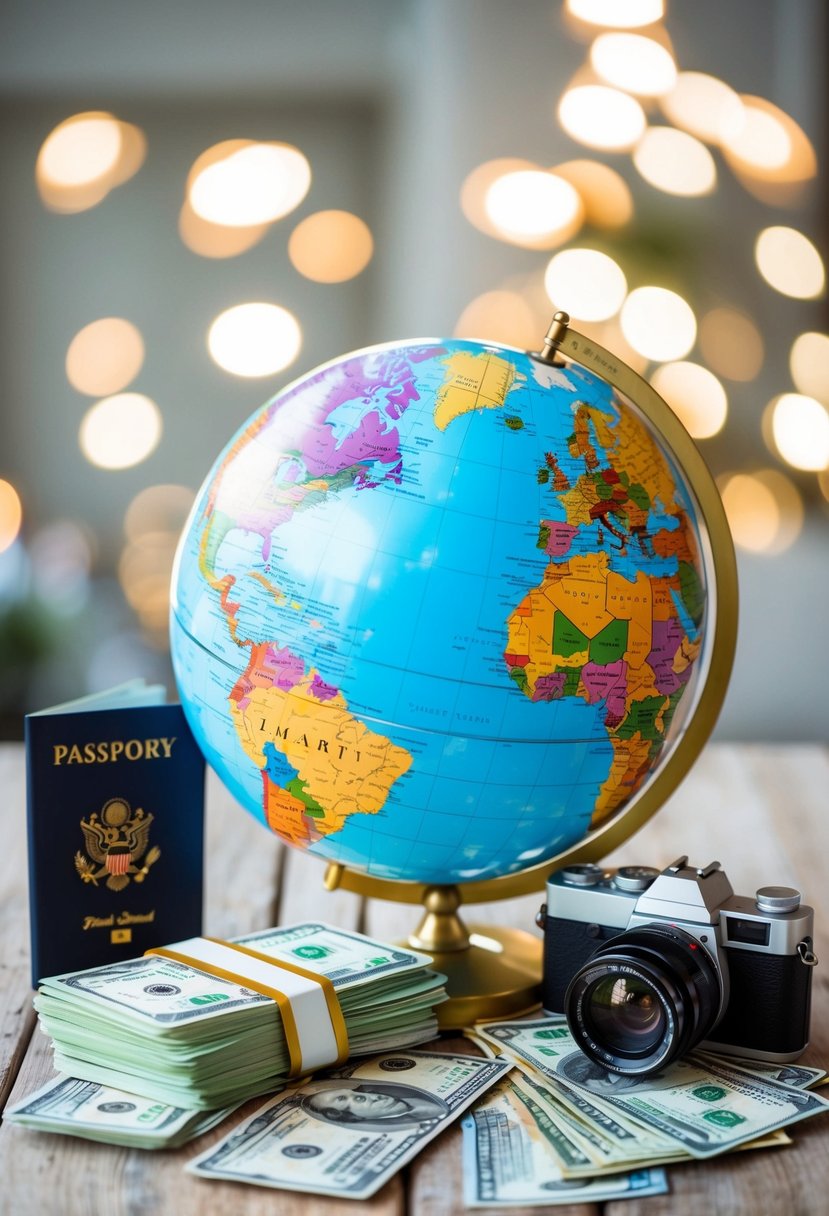
Effective financial planning is crucial for anyone considering long-term travel. Managing expenses and finding income sources while on the road can lead to a more enjoyable and stress-free experience.
Budgeting Strategies
Creating a solid budget is the foundation of financial planning for long-term travel. Travelers should first list all potential expenses, including accommodation, food, transportation, and activities. This helps in setting realistic financial goals.
Using the 50/30/20 rule can be effective. Allocate 50% of funds for needs (like housing and food), 30% for wants (like dining out or activities), and 20% for savings.
Travelers should also monitor spending with mobile apps or spreadsheets, which can help identify unnecessary expenses. By planning ahead and adjusting the budget as needed, they can ensure their funds last throughout their journey.
Income Sources on the Road
Finding ways to earn money while traveling can provide financial stability. There are various options to consider.
One common approach is remote work. Many people can perform their jobs online, which allows for flexibility in location. Freelancing in areas like writing, graphic design, or coding is popular.
Another option is to look for temporary jobs abroad, such as teaching English, working in hostels, or seasonal work in hospitality.
Additionally, creating passive income streams (like rental properties or investments) can help sustain finances while traveling. By diversifying income sources, travelers can enjoy their adventures without financial worry.

